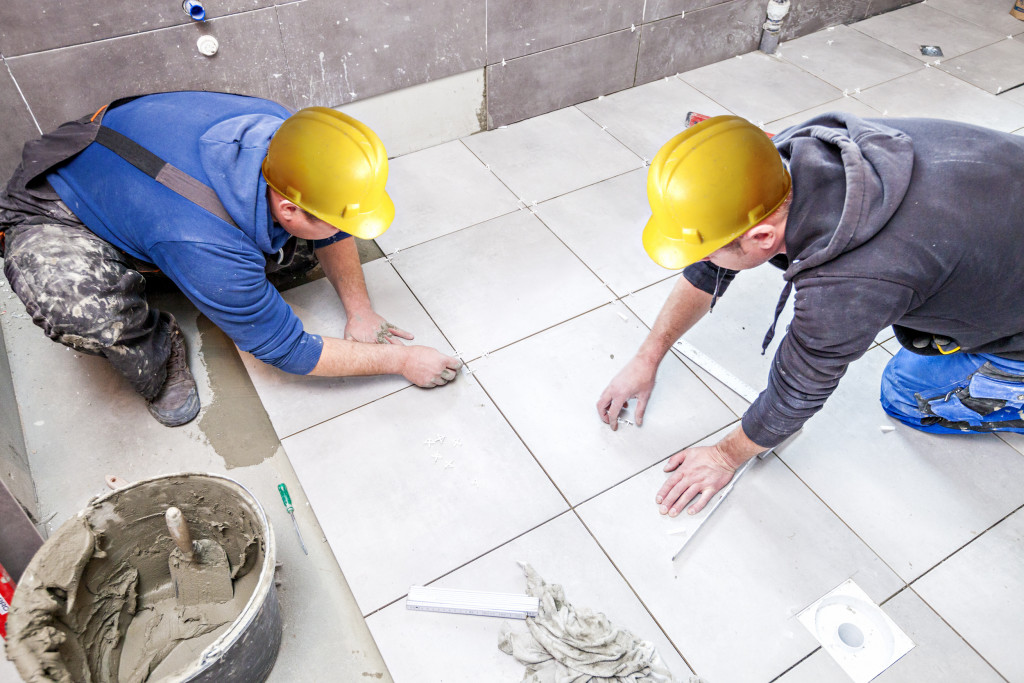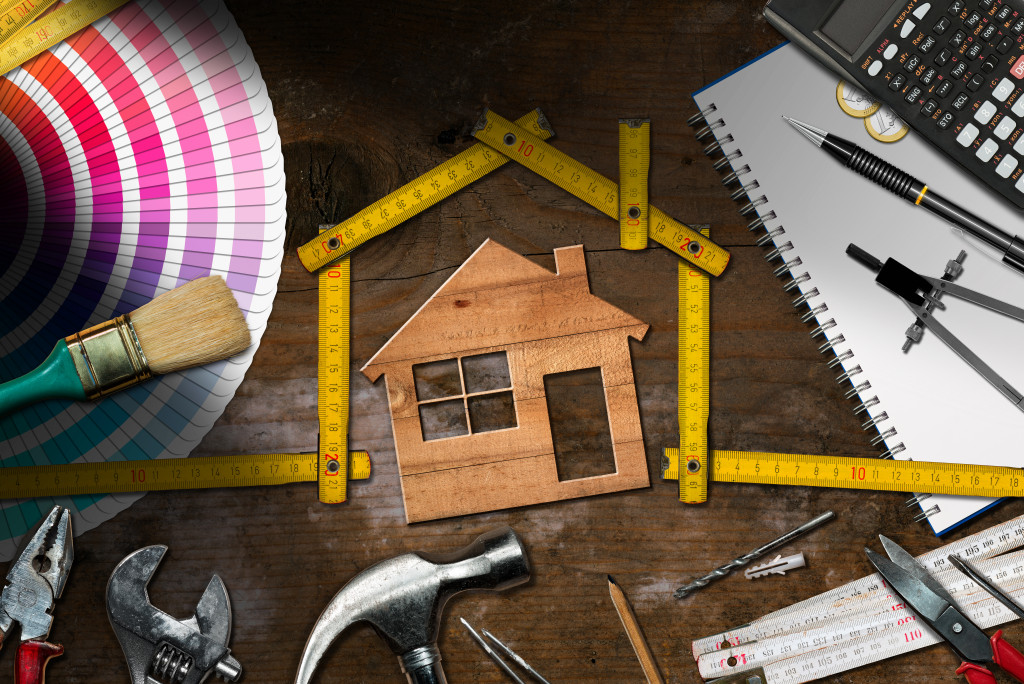- Researching your local real estate market is essential to know what properties and renovations will bring the highest ROI.
- Hiring experienced professionals is necessary for the flip’s electrical, plumbing, or structural work.
- Managing a budget wisely by factoring in potential unexpected expenses will help keep costs under control.
- Getting the right financing for your project is key to ensuring you have enough funds to complete the flip.
Are you looking to make some extra money in real estate? Flipping homes is one of the best ways to achieve that goal. It can be a great way to make serious cash if you do it right. According to research, flipping homes can be profitable in as little as four to six months. However, it is not a get-rich-quick venture, and a lot of work goes into it. Before you dive into the world of flipping homes, here are some things you need to consider:
1. Research Your Market
The most important thing when flipping a home property is researching your market. You need to know what properties are selling well and what kind of renovations will get you the most return on investment (ROI). Look at recent sales in your area and ask yourself the following questions:
What did this house sell for?
This question will help you determine the potential ROI for your project. Use this number to decide how much you can spend on renovations.
What features were added before it was listed?
When you flip a home, you compete with the current market, so you need to understand what features other homes in your area have. Knowing this will help you decide the renovations that might be necessary to make your property competitive.
What features did buyers actually want?
Knowing what features potential buyers are looking for can help you decide how to market your property and which renovations to focus on. The focus of your renovations can vary depending on who you’re targeting.

2. Hire Professionals
When flipping a home property for the first time, it can be tempting to try and do as much as possible yourself to save money. Of course, you can choose to do the build yourself. You can easily work with a self-build planning consultant that can guide you through the process from start to finish. They can also help you with necessary approvals and permits. However, specific tasks must be done by professionals with experience in their field.
Electricals
Because of the complexity of the work, all electrical work must be done by a certified electrician. Not only will they have the knowledge and experience to do the job correctly, but they will also be able to provide a safety certificate for your property.
Plumbing
Just like with the electricals, plumbing must be done by a certified plumber. They will know the necessary codes and regulations that need to be followed to keep your property safe and up to date.
Structural Work
If you are making any significant structural changes to the property, it is best to hire a professional builder to do the job. They have the knowledge and experience to ensure the work is done correctly and up to code. You will also be able to get the necessary permits required for any significant structural changes.

3. Budget Wisely
Flipping a home requires quite a bit of cash upfront. You need to budget wisely so that you don’t overspend or run out of funds before your project is complete. Ensure all expenses are accounted for, including materials, labor costs, taxes, utilities, etc. Also, ensure that your budget covers any unexpected expenses that may arise during renovations.
A good way to keep your budget on track is to establish a “cost-plus” formula. This means that you should always add 10% to the estimated cost of a project, as unexpected expenses can quickly add up. You should also factor in your own time and the associated costs. If you cannot do the work yourself, you need to factor in the price of hiring someone else.
4. Get the Right Financing
If you don’t have enough cash to pay for a flip, you will need to get some financing. The type of loan you get will depend on the scope of your project. If you are just making some basic renovations, then a personal loan or home equity line of credit might be enough. However, if you are doing a more extensive renovation, you may need to consider a hard money loan or a bridge loan. These loans typically have higher interest rates but are designed for short-term investments such as flipping homes.
If done correctly, flipping a home property can be rewarding—but it takes knowledge and planning! These tips should help you make sure your first flip is a success. You can turn your investment into a profitable venture with the right knowledge and patience.
